What is Scuba Schools International (SSI)?
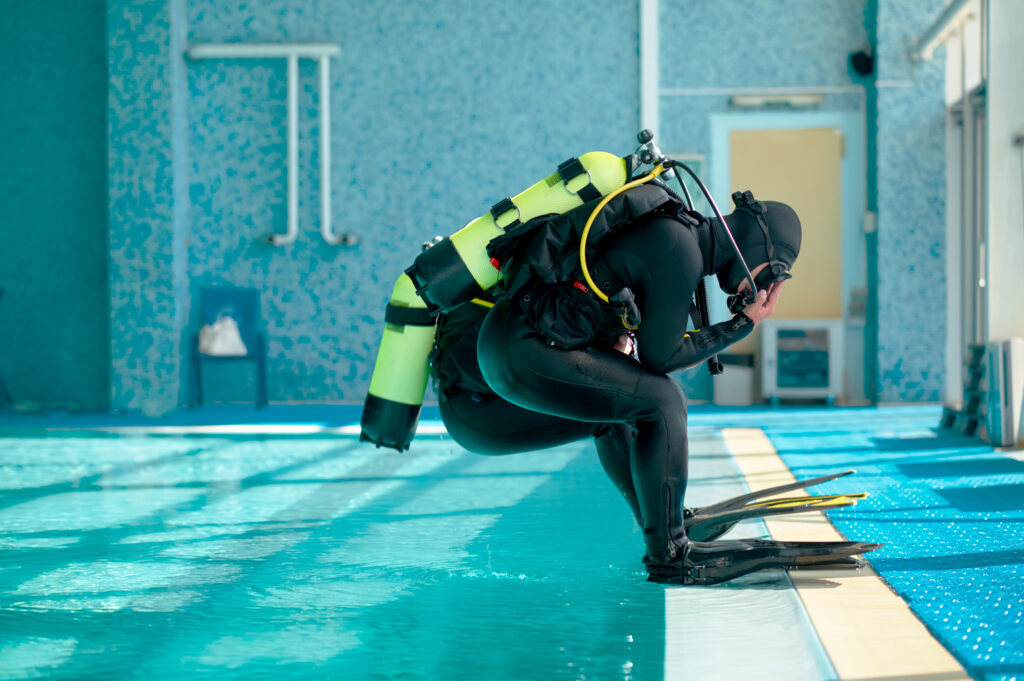
Scuba Schools International (SSI) is one of the leading organizations in the scuba diving industry, recognized globally for its comprehensive training programs and dedication to safety. Founded in 1970, SSI has grown to become a trusted name among diving enthusiasts and professionals alike. With a commitment to providing high-quality education and ensuring the best possible diving experiences, SSI has established itself as a cornerstone of the scuba diving community. This entry explores SSI’s history, mission, certification programs, training methodologies, global presence, safety standards, environmental initiatives, and community feedback to provide a thorough understanding of its impact and contributions to the scuba diving world.
Destinations
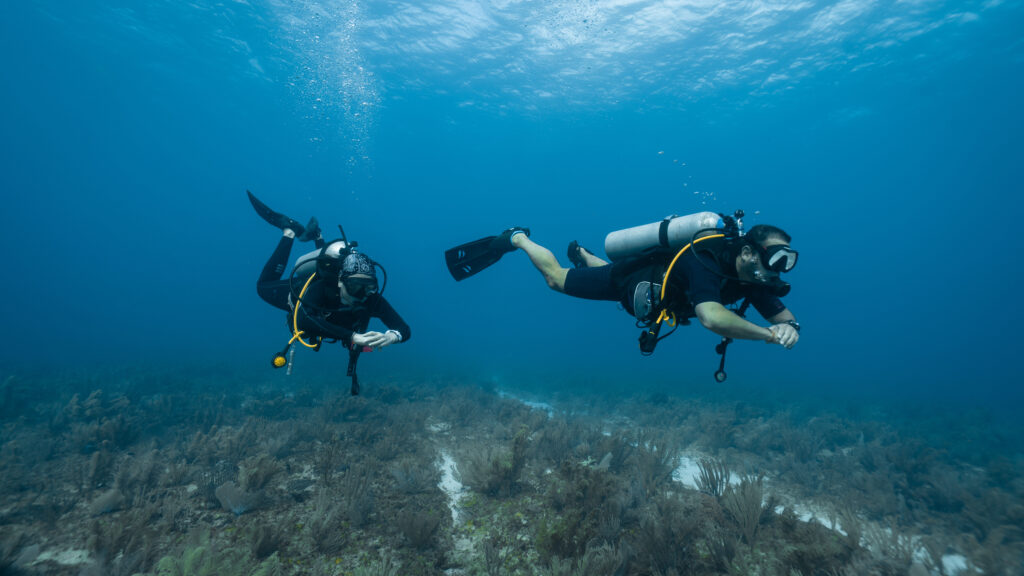
Diving Destinations in Africa Diving Destinations in Asia Diving Destinations in Europe Diving Destinations in Oceania Diving Destinations in North America Diving Destinations in South America
What is a Certified Diver?
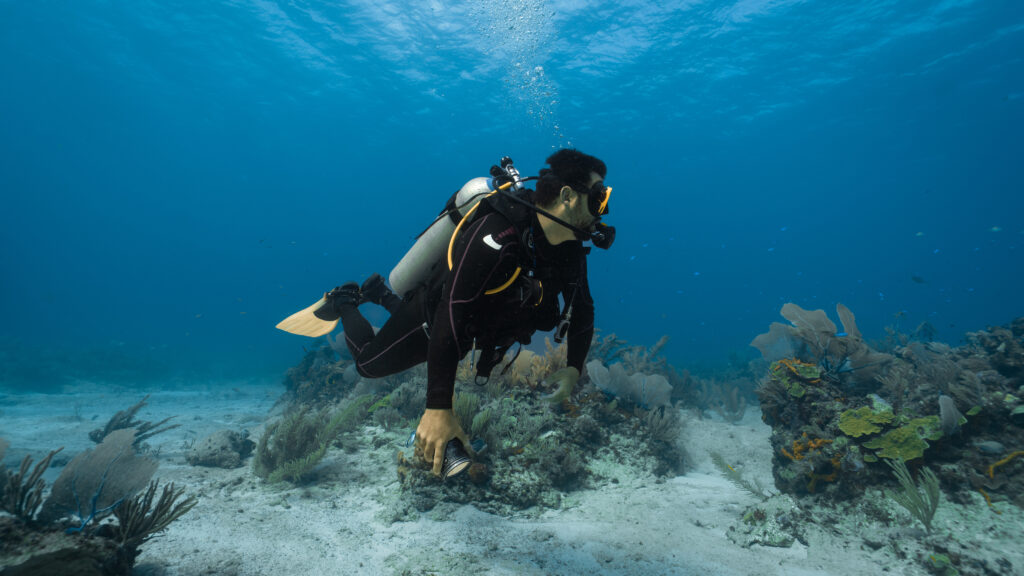
A certified diver is an individual who has successfully completed scuba diving lessons through a recognized training organization and is qualified to dive independently or with a buddy without the direct supervision of an instructor.
What is the Association of Diving Contractors International (ADCI)?
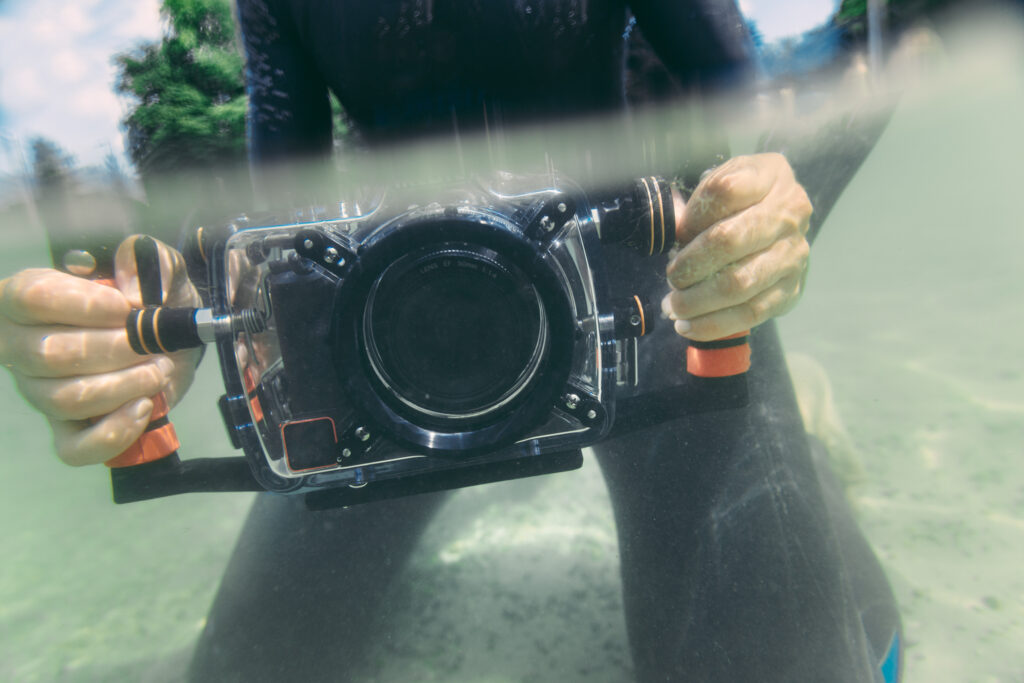
The Association of Diving Contractors International (ADCI) is a key organization within the commercial diving industry, founded to enhance the safety, communication, and practices among its members and the industry at large. As the primary authority on safety and regulations for commercial diving operations, the ADCI’s standards are recognized and implemented globally. This entry aims to provide a comprehensive overview of the ADCI, detailing its history, mission, structure, and pivotal role in shaping industry standards.
What Are Gaseous Impurities?
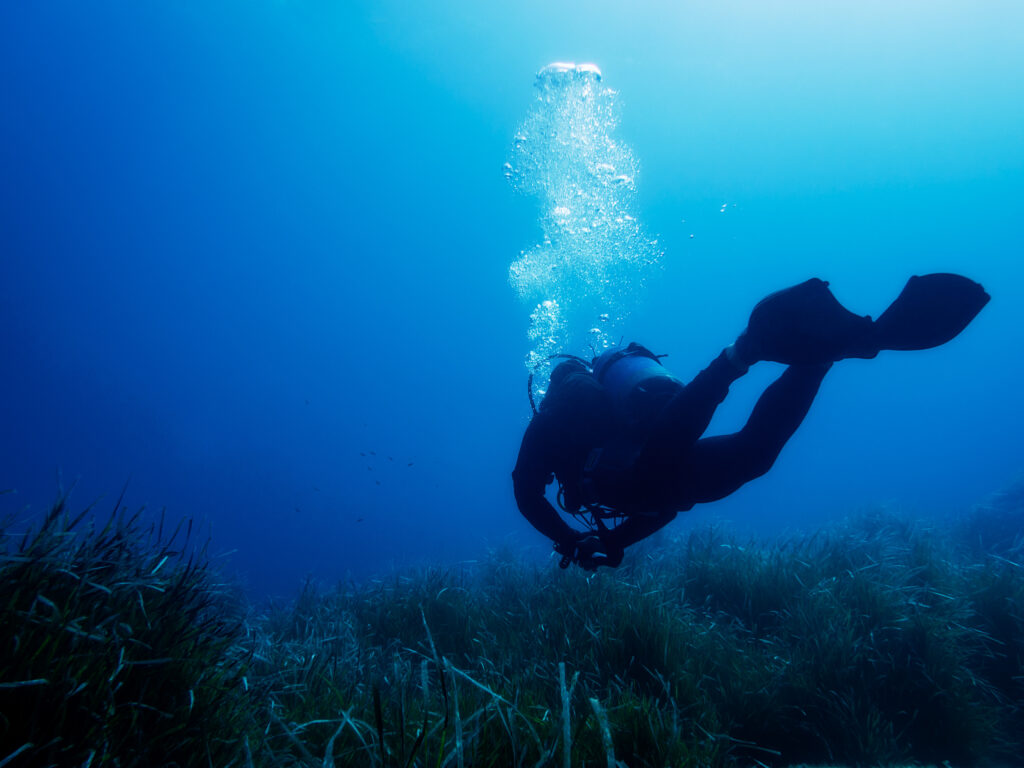
What Are Gaseous Impurities? In the world of scuba diving, ensuring the purity of breathing gas is paramount. Gaseous impurities refer to any unwanted substances present in the air or gas mixtures used by divers. These impurities can include various gases that, if inhaled in significant quantities, pose serious health risks. Maintaining the highest standard […]
What is High Pressure Nervous Syndrome (HPNS)?

High Pressure Nervous Syndrome (HPNS) is a neurological and physiological condition that affects individuals exposed to high-pressure environments, primarily encountered during deep-sea diving and underwater activities. It is a critical issue for divers, particularly those engaging in dives deeper than 150 meters (492 feet), where the effects of high pressure on the human body become increasingly pronounced. Understanding HPNS is essential for ensuring the safety and well-being of divers operating in extreme underwater conditions, as it can significantly impact their performance and health.
What is a Dive Flag?

A dive flag is a crucial piece of safety equipment used in scuba diving to signal the presence of divers in the water to nearby boats and other watercraft. It is typically a brightly colored flag that can be easily seen from a distance, usually featuring a red background with a white diagonal stripe or a blue-and-white Alpha flag. The primary purpose of the dive flag is to prevent accidents by informing others in the vicinity that divers are below the surface, thus promoting safe diving practices and reducing the risk of injury or fatality. Understanding the use and significance of the dive flag is essential for both divers and boaters to ensure a safe and enjoyable experience in the water.
What is an Over Pressure Valve?
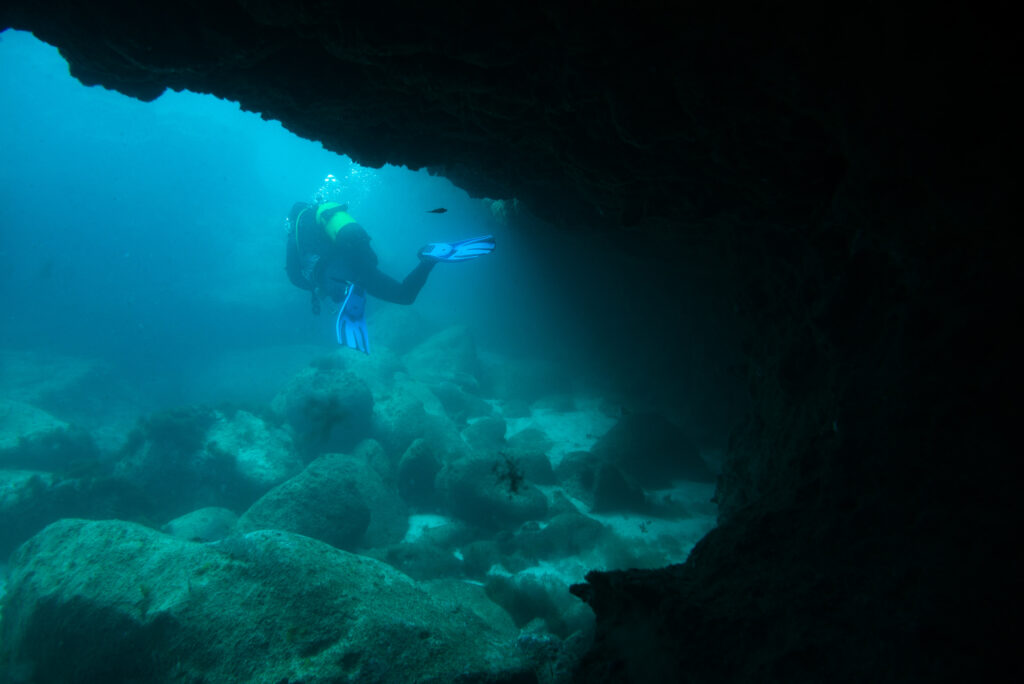
An over pressure valve (OPV) is a critical component in scuba diving equipment designed to prevent the dangerous buildup of pressure within sealed systems. These valves automatically release excess pressure, ensuring the safety and functionality of diving apparatus such as buoyancy control devices (BCDs), drysuits, and rebreathers. The primary function of an OPV is to maintain safe pressure levels, thereby protecting divers from equipment failures that could lead to hazardous situations underwater.
What is the Global Positioning System (GPS) for Divers?
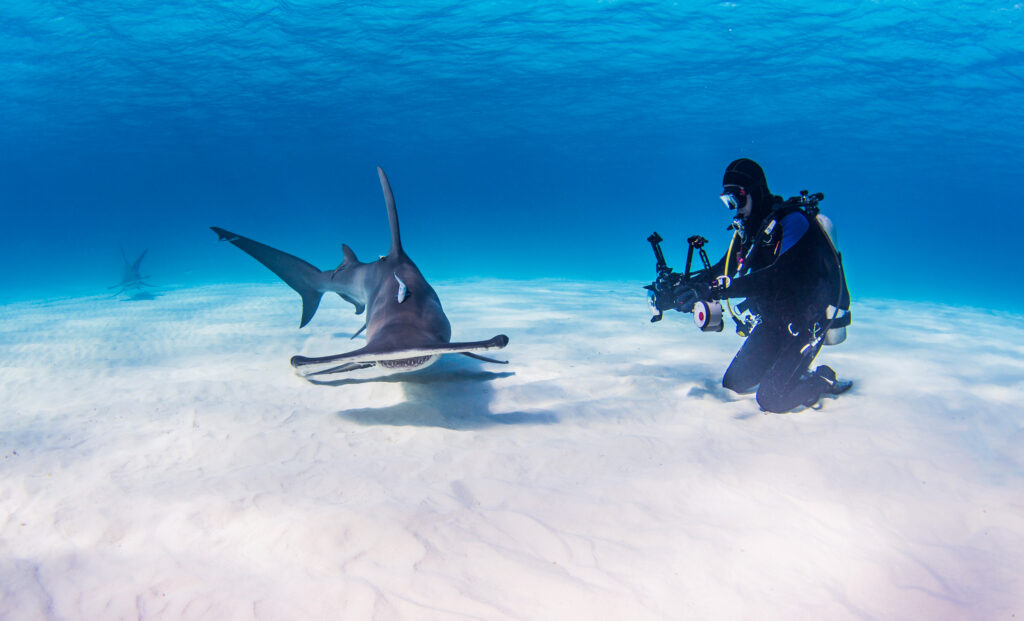
The Global Positioning System (GPS) has changed the way we navigate, whether on land, at sea, or in the air. Originally developed for military use, GPS technology has since become a staple in various outdoor activities, including scuba diving. Divers now rely on GPS for accurate navigation, safety, and data recording during dives. This system allows them to navigate underwater environments with more confidence and efficiency. As GPS technology evolves, its application in scuba diving becomes more specialized, offering tailored solutions to the challenges divers face in the underwater world.
What is Half Time?

Half time in scuba diving is a critical concept used to understand and manage the absorption and release of inert gases in the body during diving activities. Specifically, it refers to the time it takes for a particular tissue compartment in the body to absorb or eliminate half of the difference between the existing level of inert gas and the new equilibrium level. This concept is foundational for safe diving practices as it aids in determining appropriate decompression procedures to avoid conditions like decompression sickness (DCS).
